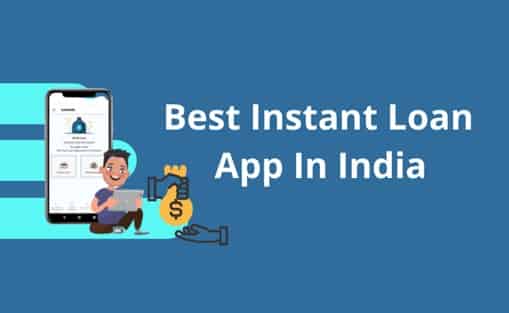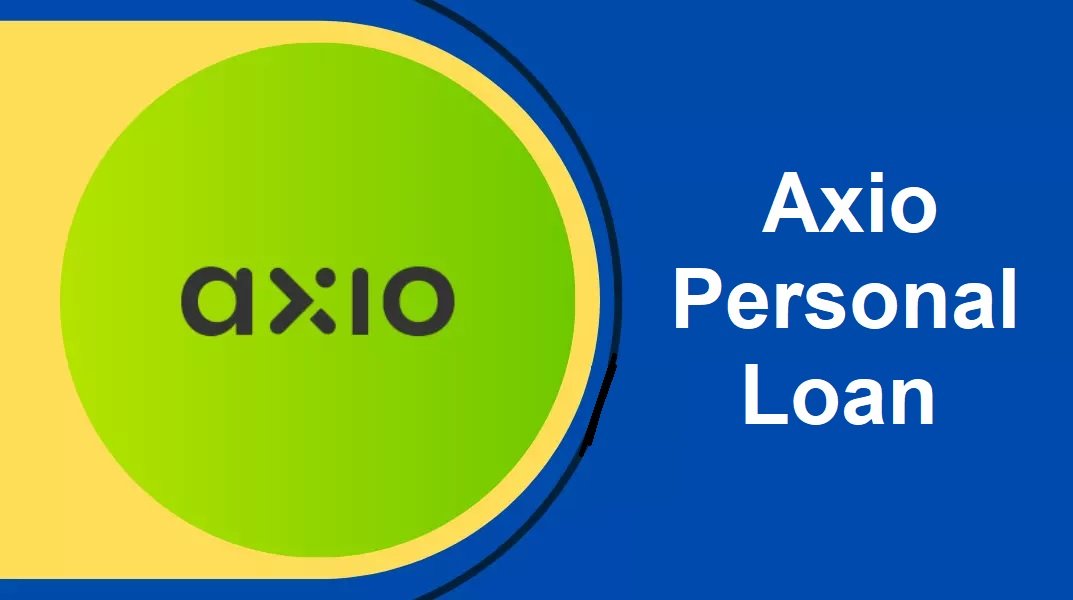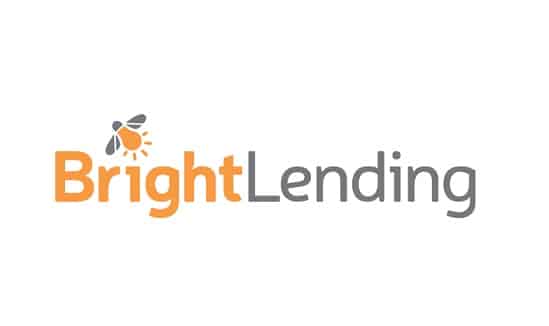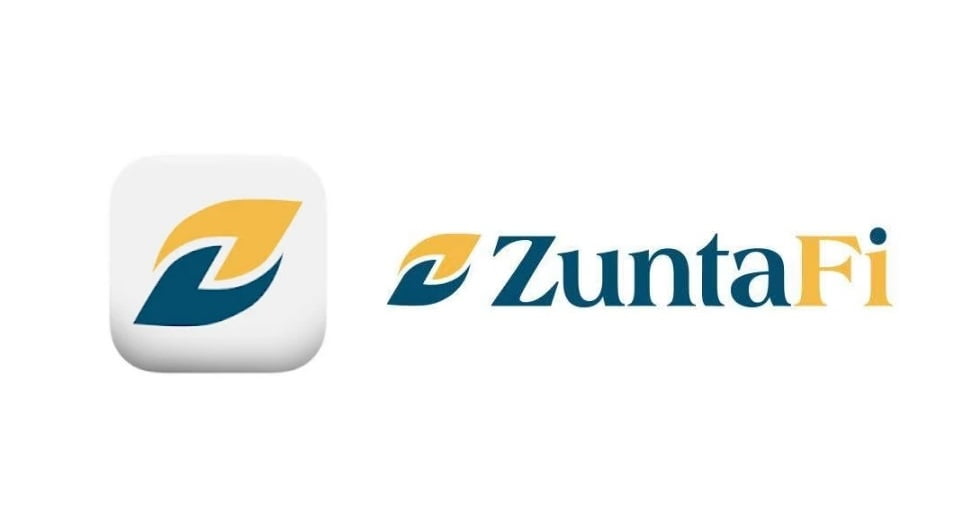Easy Credit Loan App Reviews 2023: Is it legit?
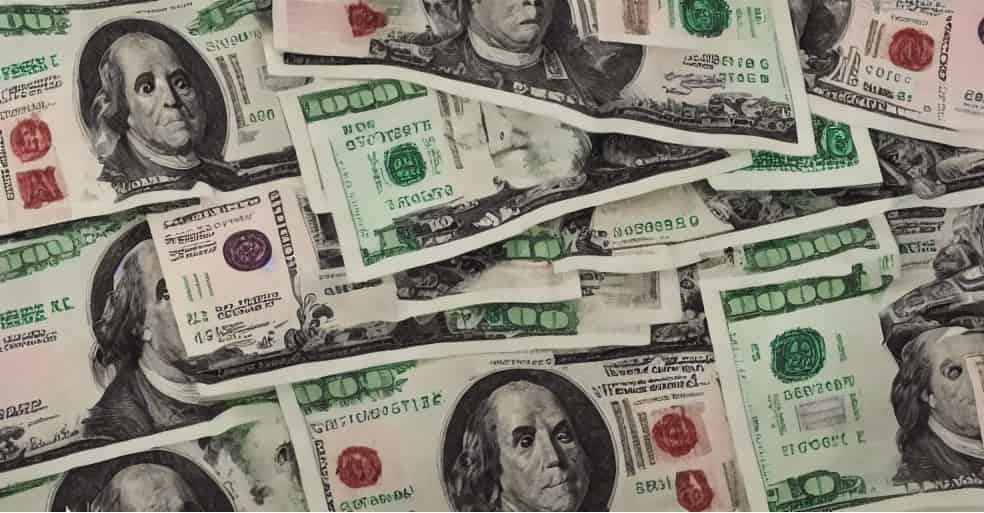
Easy credit has become increasingly popular in recent years as more people look for quick and convenient ways to access credit. Easy credit typically refers to small, short-term loans that are easy to qualify for but come with higher interest rates. In this comprehensive guide, we will provide an overview of easy credit, its pros and cons, who should consider it, and provide reviews of some top easy credit companies.
What is Easy Credit?
Easy credit simply refers to loans or credit products that are easy to qualify for, even if you have bad credit or no credit history. These loans usually range from $100 to $5,000 and are paid back within 6 months to 3 years.
Some examples of easy credit products include:
- Payday loans – Small, short-term loans of up to $500 that are tied to your next paycheck. Interest rates are very high.
- Title loans – You borrow money against the title of your paid-off car. The lender can repossess your car if you default.
- Pawn shop loans – You bring an item of value like jewelry to a pawn shop and borrow money against it.
- Installment loans – Personal loans up to $5,000 repaid over multiple months in fixed installments. Easier to qualify for than bank loans.
- Revolving credit – Credit cards or lines of credit that can be used repeatedly up to a certain limit. Useful but easy to overspend.
The main advantages of easy credit are quick funding, minimal eligibility requirements, and access to cash within 24 hours in emergencies. But the downside is very high interest rates, fees, and penalties.
Pros of Easy Credit
There are some legitimate benefits of using easy credit responsibly:
- Quick funding– You can complete an entire loan application online in minutes and receive funding as soon as the next business day. Much faster than traditional bank loans.
- Accessible– Minimal credit checks and eligibility requirements make easy credit accessible even if you have bad credit or no credit history.
- Small loan amounts– Loan amounts from $100 to $2,500 are more manageable for daily expenses compared to bigger personal loans.
- Short repayment terms– Loan terms are usually between 2 weeks to 3 years, so the debt does not build.
- No collateral required– Easy credit does not require any asset collateral like your house or car.
- Credit building– Responsible repayment can help build your credit score over time.
- Convenience– 24/7 online applications and direct deposit funding adds convenience.
Easy credit can be a good option for one-time small expenses provided you have a stable income and will not become reliant on debt. It should be used as a temporary solution and not a long-term crutch if you have cash flow issues.
Cons of Easy Credit
While easy credit is easily available, it comes at a steep price:
- High APR– Annual percentage rates typically range from 200% to 400%. This can lead to your balance doubling in just 3-6 months.
- Multiple fees– Origination fees, processing fees, and prepayment penalties further add to costs. Read the fine print.
- Risk of overspending– The ease of access to recurring credit lines can lead to overspending. Use only for necessities.
- Credit damage– If unable to repay on time, you may incur late fees, penalties, and credit damage.
- Risk of debt cycles– It’s easy to be tempted to take new loans to pay off old ones, creating a dangerous debt cycle.
- Aggressive collections– Some lenders are aggressive with collections, harming your finances and peace of mind.
- Risk of asset loss– Title loans and pawns put your assets like your car at risk of repossession.
- Credit checks– Too many loan applications over a short time can negatively impact your credit through hard inquiries.
While easy credit serves a purpose when used carefully, it’s critical to read all terms, shop lenders for the best rates, and borrow only what you can realistically repay to avoid spiraling debt.
Who Should Consider Easy Credit Loans?
Easy credit can be an option for:
- Individuals with poor credit– The minimal credit requirements provide access to cash even if your FICO score is less than 580.
- No credit history– Those without established credit can qualify for starter loans to build a credit history.
- Unexpected expenses– Quick loans to cover unanticipated bills, medical costs, car repairs, etc.
- Smoothing cash flow gaps– Access to short-term credit to cover household expenses during income fluctuations.
- Convenience while traveling– Out-of-country payday loans avoid foreign transaction fees on credit cards.
However, easy credit may not be the best choice if:
- You have access to lower-cost financing options like credit cards, family loans, traditional bank loans, etc.
- You are currently facing bankruptcy or debt settlement.
- You have a prolonged inability to repay any additional debt.
- You have a history of repeated rollovers, defaults, and reborrowing (indicates a debt cycle).
- You need large loan amounts exceeding $5,000.
- You need longer multi-year loan terms.
The decision depends ultimately on your specific circumstances and ability to absorb the high costs. Use easy credit as a last resort, not for ordinary discretionary spending.
Top 5 Easy Credit Companies
If you do need to take an easy credit loan, it’s important to compare lenders to find the best rates and terms for your situation. Here are five top companies to consider:
- CashUSA
CashUSA is one of the largest lending networks with a strong reputation. They partner with state and tribal lenders to provide personal installment loans between $500 to $10,000, as well as up to $5,000 line of credit. Loan terms are flexible between 90 days to 72 months with APRs from 5.99% to 35.99%. The quick online application and next-business-day funding make them a top pick for easy credit.
Pros
- Loans up to $10,000
- Terms up to 6 years
- Flexible minimum credit score
Cons
- Not available in some states like NY
- Max APR of 35.99%
- PersonalLoans.com
PersonalLoans provides access to lenders offering $1,000 to $35,000 personal loans for borrowers of all credit types. Loan terms range between 3 to 72 months with competitive fixed rates starting at 5.99%. The easy application process and no penalties for early repayment make them a solid choice.
Pros
- Borrow up to $35,000
- No prepayment penalties
- Rates as low as 5.99%
Cons
- Max APR of 35.99%
- Not available in some states
- CreditLoan
CreditLoan network has helped over 750,000 borrowers access personal loans up to $5,000 through their network of online lenders. They offer expedited same-day funding, credit review in minutes, and loans from $250 to $5,000. Loan terms are flexible from 3 months up to 5 years with APRs ranging from 5.99% to 35.99%.
Pros
- Same-day funding is available
- Loans under $5,000
- Flexible 3-60 month terms
Cons
- Max APR of 35.99%
- Max loan amount $5,000
- Upgrade
Upgrade offers personalized installment loans up to $50,000 along with lines of credit. Their Credit Health program rewards on-time payments by reducing rates over time. This can help in improving your credit and qualifying for better rates. The upgrade also provides free credit monitoring and financial tools.
Pros
- Loans up to $50,000
- Rewards program to reduce APR
- Free credit monitoring
Cons
- Origination fees
- Late fees
- OneMain Financial
OneMain has provided over 10 million loans over decades in business. They offer fixed-rate installment loans from $1,500 to $20,000, lines of credit up to $20,000, and interest rates starting at 18%. OneMain has over 1,600 branch locations which offer convenient in-person service.
Pros
- In-person and online service
- Loans up to $20,000
- 1,600+ branch locations
Cons
- Minimum 18% APR
- Origination and late fees
When comparing easy credit companies, look for reasonable maximum APR, flexible terms of at least 24 months, quick funding, transparent fee structure, and responsive customer service. Reading online reviews can help identify reputable lenders.
What is the Easiest Loan to Get Approved For?
If you need a loan quickly and have less-than-perfect credit, the easiest loans to get approved for are:
- Payday loans– Require just ID, income, and checking account. The entire application and approval process takes minutes. Funding as fast as the next day. However, there are very high fees.
- Pawn shop loans– Instant approval by providing collateral items like jewelry to the pawn shop. But your items can be forfeited if unpaid.
- Auto title loans– Up to 25% loan value of your paid-off car. Fast approvals but risk losing your car.
- Secured credit cards– Easier approvals by securing the line with a deposit. But very low limits and high APRs.
- Retail store cards– High approval odds for their credit cards to build loyalty. Useful for financing occasional purchases there.
- Co-signer loans– Much higher approval chances when a creditworthy co-signer backs your loan. But the co-signer assumes responsibility.
- Debt consolidation loans– Can qualify based on equity and not credit score. Lower rates by consolidating debt under one loan.
While payday and title loans are the outright easiest to qualify for, it’s best to avoid payday loans when possible due to astronomical interest rates exceeding 400% APR on average.
What is Considered Good Credit for Personal Loans?
Here are the general credit score tiers that determine whether you will get approved for a personal loan and what interest rates you may qualify for:
- Exceptional (800-850)– The best rates are around 5-10% APR and the highest approval chances. Larger loan amounts and longer terms.
- Very Good (740-799)– Approved with rates around 10-15% APR and flexible terms. Decent loan amounts up to $25,000.
- Good (670-739)– Considered acceptable credit with approvals at 15-20% APR. Smaller loan amounts and shorter terms.
- Fair (580-669)– Subprime borrowing at rates of 20-30% APR. Very small loans with short 6-12 month terms.
- Poor (below 580)– Difficult getting approved except for payday/title loans at 400%+ APR.
Having at least a 670 FICO score, a low debt-to-income ratio below 36%, and a clean credit history will help you qualify for a reasonable personal loan. Rates and terms improve dramatically once your credit score reaches the good to excellent range.
Easy Credit Review Criteria
Here are the typical criteria easy credit companies evaluate when reviewing your loan application:
- Credit score– Primary factor determining approval odds and interest rates. Many lenders now approve credit scores under 600.
- Income– Your employment status and income level. Stable verifiable income is required for approval. Self-employed may need 2+ years of tax returns.
- Debt-to-income ratio– Total monthly debt payments divided by gross monthly income. Many easy credit lenders accept up to 50% DTI.
- Credit history– Payment history, number/type of accounts, outstanding debt, and hard credit inquiries. Bankruptcies usually require at least 12 12-month waiting periods.
- Loan amount– Smaller loan amounts are easier to approve, and larger amounts get closer to review.
- Collateral– For secured loans, the value of the asset securing it i.e. home equity or auto title.
- Documentation– Pay stubs, tax returns, and billing statements may be required as proof of income and residency.
As long as you meet baseline requirements around income, credit history, and debt obligations, easy credit companies offer high approval odds but at much higher interest rates and fees.
Tips for Getting Approved for an Easy Credit Loan
If your credit situation is less than ideal, here are some tips that can help get approved for an easy loan:
- Compare lenders to find one that approves your credit situation
- Lower your requested loan amount to increase approval chances
- Apply with a creditworthy cosigner if possible to improve the odds
- Avoid applying for multiple other loans recently that may show as hard inquiries
- Stick to online lenders who use less strict underwriting criteria
- Opt for a secured loan or revolving credit line since collateral reduces risk
- Highlight any positive factors like homeownership, income stability, ongoing debt repayment
- Be prepared to provide documentation to verify income, residence, and financial obligations
- Pick longer loan terms so monthly payments are lower
- Accept higher interest rates to get approved if needed
With some wise application strategies, reasonable expectations, and a bit of shopping around, you can increase your chances of getting approved for the easy credit you need.
Common Easy Credit Loan Terms
Easy credit lenders offer more flexible terms than conventional financing but there are typical terms you may come across:
- Loan amount– Typically $100 to $5,000 for bad credit borrowers. Can be as high as $35,000 with good credit.
- Interest rates– Starting as low as 5.99% APR for good credit borrowers but average 20-30% for subprime applicants with bad credit.
- Origination fees– 1% to 10% of the total loan amount taken out upfront. Waived sometimes for higher credit applicants.
- Late fees– Ranges from $10 to $40 for each late payment. Some lenders offer grace periods.
- Prepayment penalties– Online lenders typically don’t charge this fee for paying a loan off early.
- Repayment term– 3 months to 7 years. Short terms for smaller loans and longer times for bigger amounts.
- Payment frequency– Monthly for installment loans, biweekly, or according to the pay cycle for payday loans.
- Default APR– Increased APR if the loan defaults, often the maximum allowed in the state.
Be sure to read the fine print and ask questions before accepting a loan offer so you fully understand the costs.
Alternatives to High-Interest Easy Credit Loans
While easy credit loans allow quick access to funds, the astronomical interest rates are problematic. Some lower-cost alternatives to explore first include:
- Borrow from family or friends if possible
- Negotiate bill payments with providers
- 0% APR credit cards with introductory periods
- Low-interest bank personal loans or lines of credit
- Employer advances against earned wages
- Hardship programs with service providers
- Government assistance programs
- Credit union payday alternative loans
- Debt management program for consolidated payments
- Non-profit organizations offering low or 0% interest loans
- 401k loan if employed (up to 50% balance)
- Crowdfunding for certain emergency costs
The key is borrowing only as a last resort, comparing all options to find the lowest rates for your situation, and repaying any loans promptly to avoid spiraling fees.
Easy Credit Loan Scams and Red Flags
While there are many legitimate easy credit providers, consumers should also beware of potential scams and predatory lending practices:
Warning Signs of a Predatory Lender
- Pressures you to borrow more than needed
- Says they are offering you a “special deal” unavailable elsewhere
- Encourages refinancing existing lower-rate debts
- Adds unnecessary products like insurance to loan
- Avoids answering questions about costs and terms
- Asks you to lie or provide misleading information
Signs of a Loan Scam
- Requests upfront fees before approving a loan
- Uses names similar to legitimate lenders to confuse
- Claims outstanding payment for a loan you never took
- Overpromises with guaranteed approvals and absurdly low rates
- Emails from a Gmail, Yahoo, or other public email account
- Asks you to pay fees via money order, wire transfer, gift card, etc.
- Uses threats and aggressive language
- Pressures you to act fast and sign documents immediately
- Claims interest rates “as low as” a certain percent (not locked in)
Consumers should be vigilant with sharing personal information, send no money beforehand for “guaranteed” loans, review privacy policies, follow up on licensing, and read all fine print before signing contracts. Being an informed borrower is your best defense against predatory accessible credit practices.
Frequently Asked Questions
Q: What is considered a good interest rate for an easy credit loan?
The average interest rate range for easy credit loans is 20-30% APR for borrowers with fair credit. Interest rates above 36% should be avoided due to excessively high costs. For good credit, personal loan rates can be as low as 5-15% APR.
Q: How fast can you get approved for an easy online loan?
Many easy credit lenders advertise approvals in minutes and funding as fast as the next business day if you apply early. However, it depends on factors like your verification documents, credit checks, and the specific lender’s disbursement policies.
Q: What documents do you need to apply for easy credit loans?
Typical documents needed are government ID, proof of income like paystubs, utility bills, or bank statements for proof of address, social security number, and account/routing details for the bank account where funds will be deposited.
Q: Can you get an easy payday loan with no credit check?
Very few
